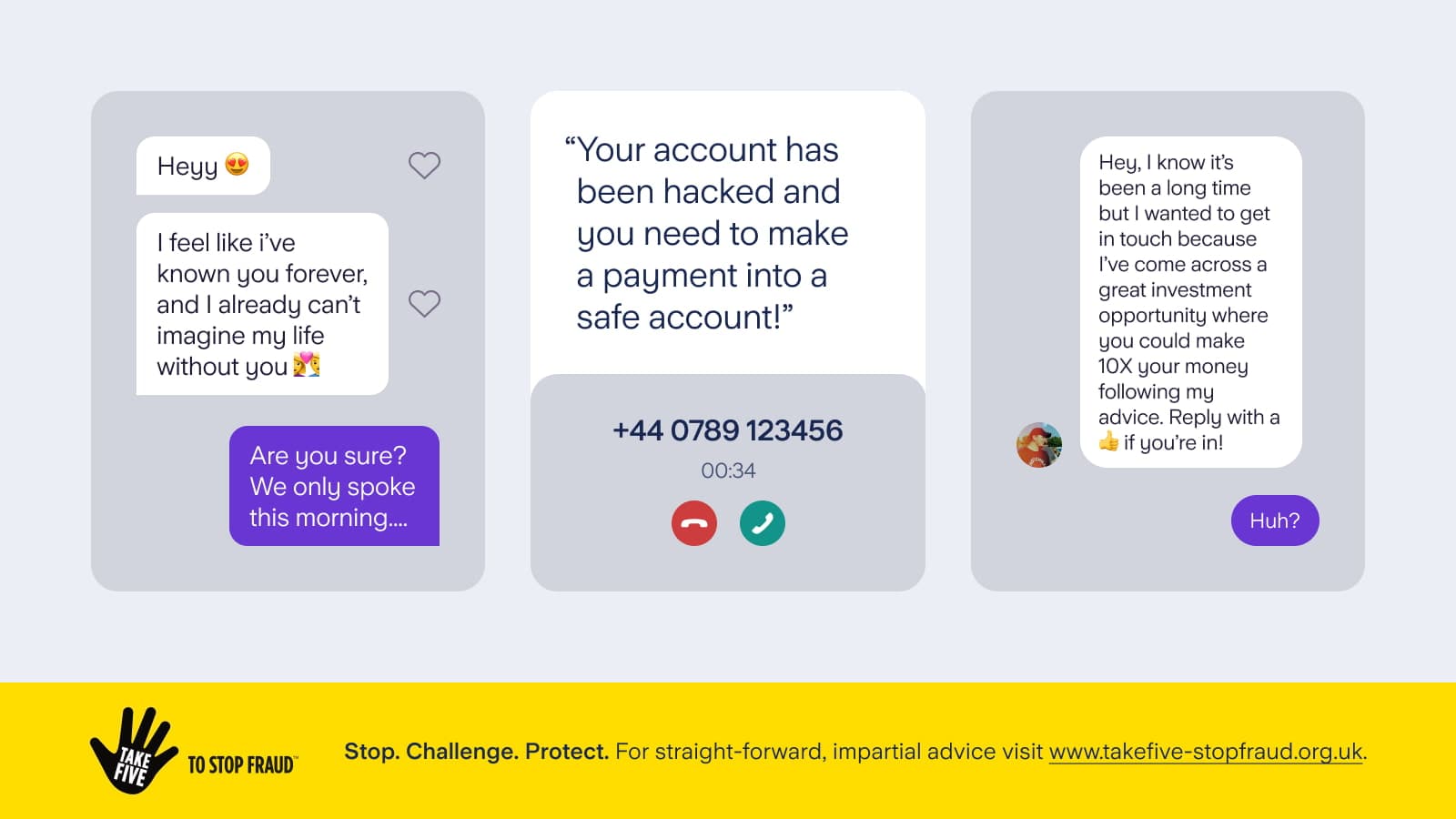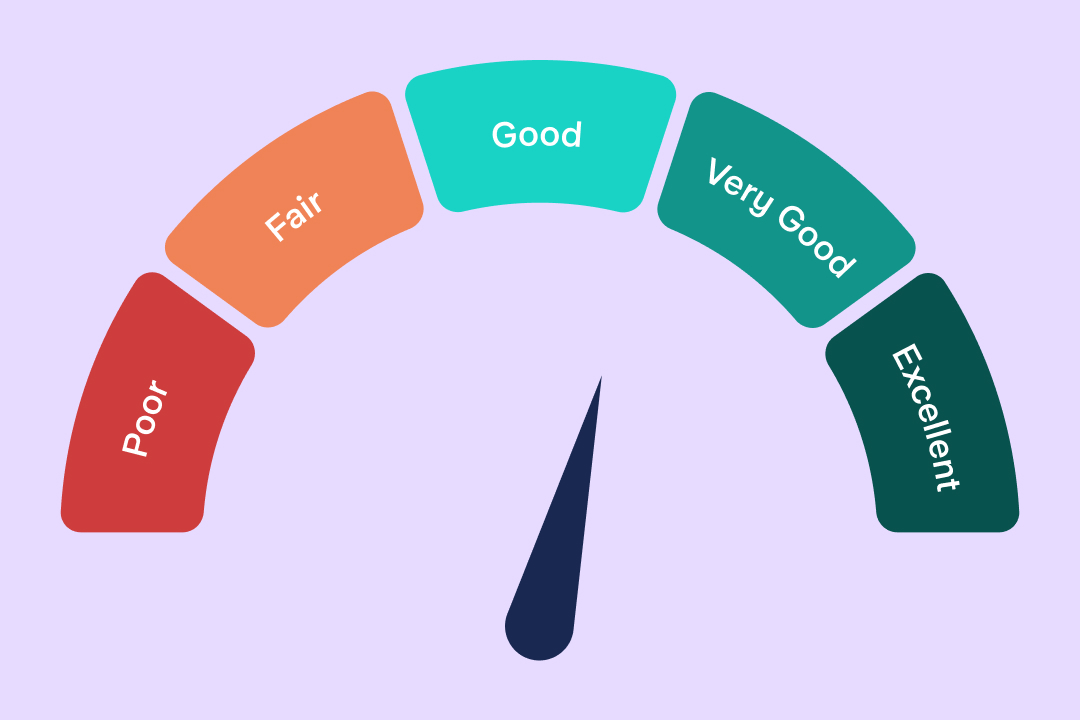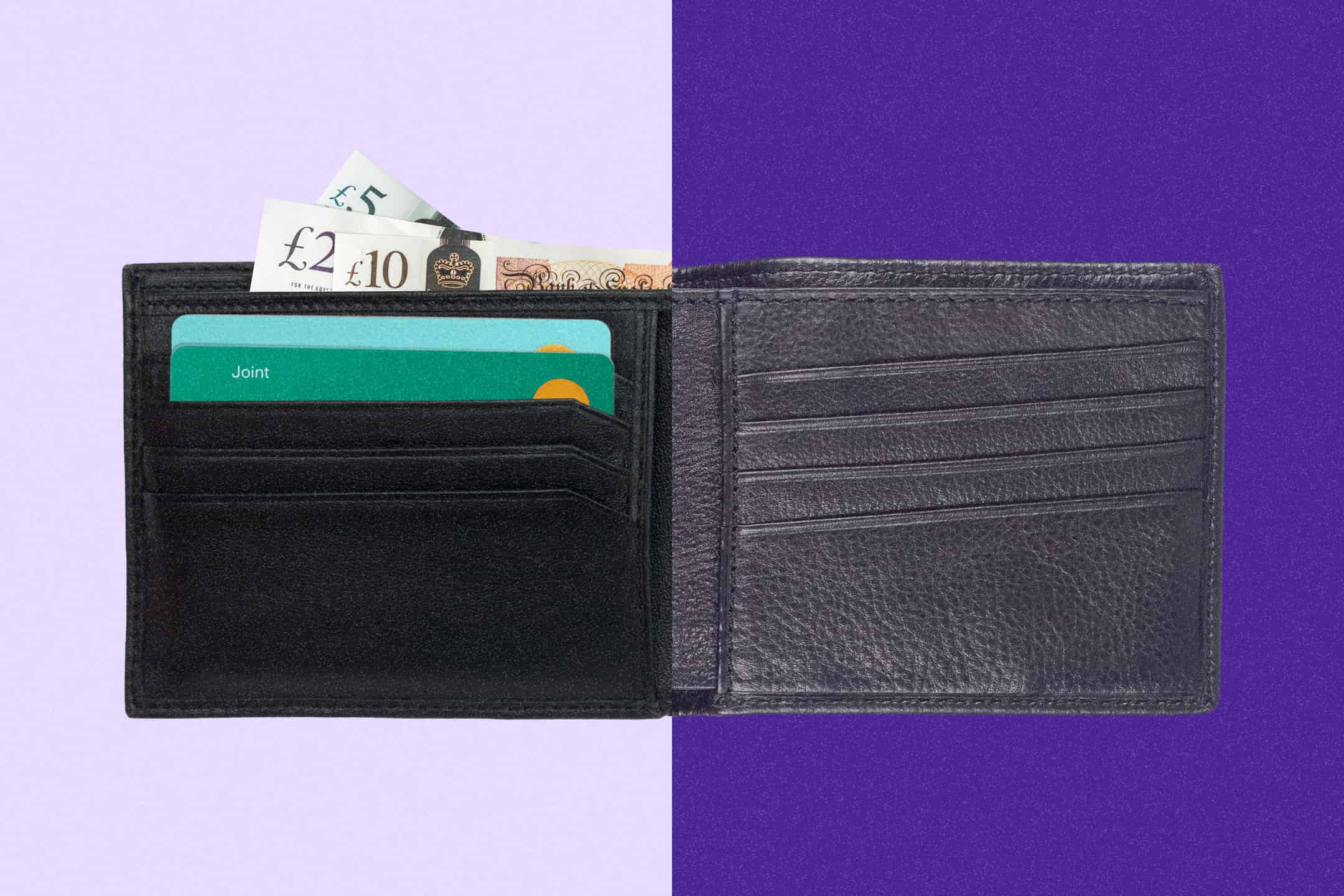
Personal finance
“We couldn’t get on the pitch – there were loads of men playing. The girls were so disappointed.”
15th May 2024

If you’re struggling with debt, don’t suffer alone. There is help out there. You may have credit card bills, loans or overdrafts that are causing you stress, or you may be among the many facing the financial challenges of a high cost of living. There are lots of things you can do to tackle the issues head-on and ultimately get out of debt, no matter how much you owe. Here are some of your options.
When you’re facing problems with debt, it’s important to reach out to your lender right away. Start the conversation as soon as possible. Once your lender understands the situation, they should be able to explain the different ways to help bring the debt down, and the support they can offer.
As Brits we can often find it hard to talk about money, especially if we’re in debt. However, the old saying ‘a problem shared is a problem halved’ is really true when it comes to sharing money concerns, especially if they’re making you stressed or anxious.
Talking about your money, whether it’s with a trusted friend or family member, one of the organisations below, your bank, or a combination of all of these, is a great way to start your journey out of debt. You don’t need to do it alone.
Until you have an overall picture of your finances it can be hard to start paying off your debt. Confronting the issue can be tough, but it’s really useful to take some time to make a list of all of your areas of debt, which might include accounts, credit cards or loans. Make a note of current balances and any interest rates or fees that apply.
This isn’t about beating yourself up for how much you owe, but it’s important to know exactly how much you need to repay. By including a list of interest rates you’re paying, it can help you decide which to tackle first – in general, the highest interest debt should be paid off first, so you end up paying less overall.
If you’re finding it impossible to pay for things such as your mortgage or rent, utility bills and even food, or you owe a substantial amount of money, there are organisations out there designed to give impartial and confidential advice tailored to your circumstances. These free debt counselling agencies include:
StepChange
National Debtline
Citizens Advice
Debt Advice Foundation
They can talk through your debt problems with you, and help you to decide on the best course of action. Options can include debt management plans, debt relief orders, an Individual Voluntary Arrangement (IVA) or (the last resort) bankruptcy. They’ll explain these different options and help set up whatever works for you. Some debt management companies will also give good advice even without a Debt Management plan.
It’s also worth getting in touch with one of these above listed organisations if you’ve got urgent debt such as rent or mortgage arrears, council tax arrears or court fines.
If you’re a Starling customer and you need support with your overdraft or loan, you could reach out to our specialist financial difficulties team.
Once you know what you owe, it’s worth seeing where your money’s going. Creating a budget is key to doing this. You can use our online Budget Planner, or you can set up your own spreadsheet or go old school with pen and paper.
Make sure you include all of your income and expenses across a whole year – and account for things you might pay for annually like car insurance or a holiday. Once you have a picture of what you spend, you can see if you’re able to make any savings. Set up a budget with target amounts you want to spend on different things.
Then, it’s worth tracking your spending to see if you’re on budget. The Starling app is great for this, as it gives you a monthly breakdown for different categories in the Spending Insights tab, or you can choose to write everything down yourself.
If you find that you’ve already cut your spending and are still not making enough headway with your debts, then contact one of the debt organisations above.
Here are some things you can consider to reduce the cost of your existing debt:
Talk to your lender. It’s important to speak with your lender as soon as possible, and let them know the challenges you’re facing. They have a duty to treat their customers fairly, and if you contact them explaining that you’re struggling to repay, they should be able share support options to help bring down the debt. Things you could discuss include cutting or temporarily freezing interest, or setting up a repayment plan.
Pay off the highest-interest debt first. Pay the minimum repayments on your cheaper debts whilst repaying as much as you can on the more expensive. This will mean you pay less interest overall and hopefully get out of debt quicker.
Remember, if you’re struggling with debt, it’s important to recognise the problem and tackle the issue as soon as possible. There are organisations that can help.
The above is intended as general information and does not constitute advice in any way. You should take independent advice if you have any questions about your specific circumstances.

Personal finance
15th May 2024

Personal finance
13th May 2024

Personal finance
14th March 2024

Money Truths
29th May 2025

Money Truths
28th May 2025

Money Truths
20th May 2025